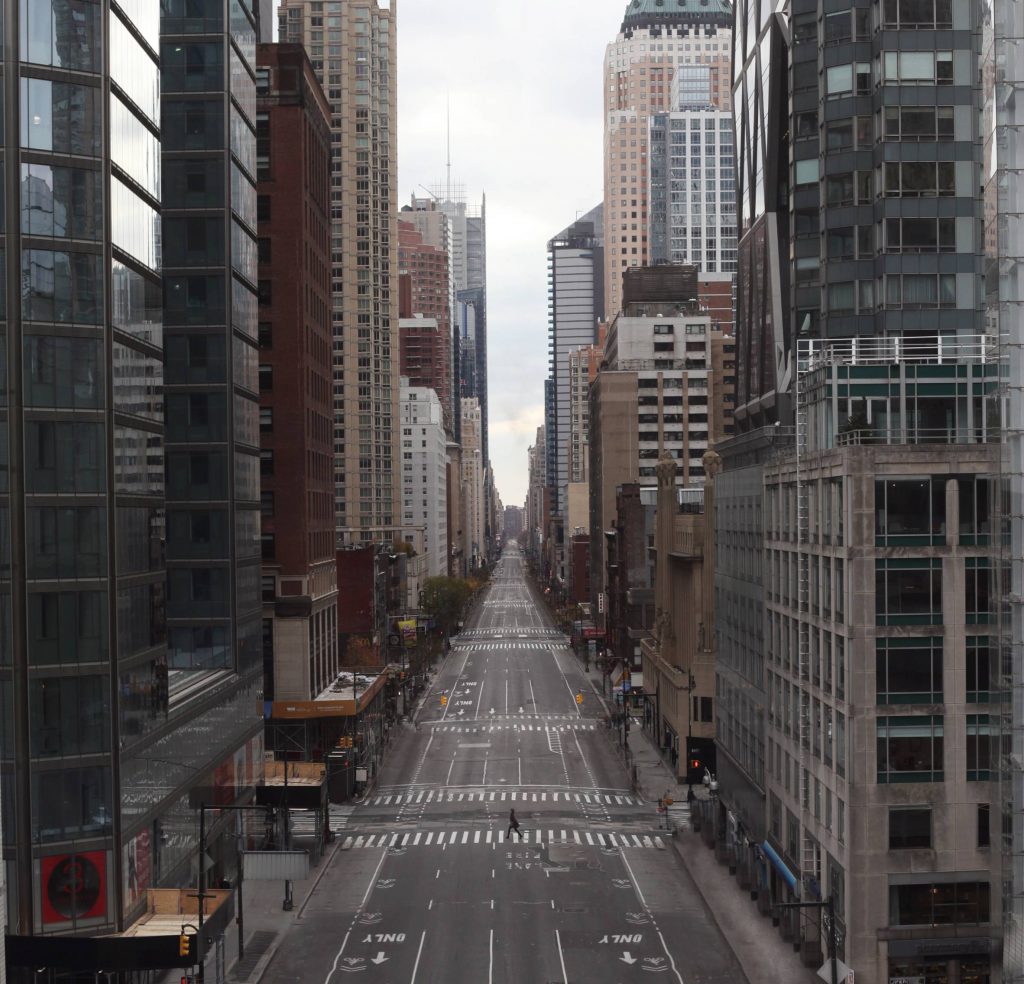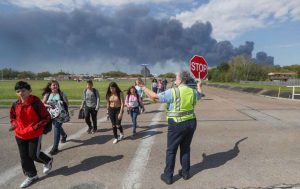
Things shutting down, a leadership vacuum and sports leading the way to a quieter next few weeks brings up a lot of possibilities that fall on the interesting/frightening continuum. What will be the new normal that follows this different normal?
Virtually every activity that entails or facilitates in-person human interaction seems to be in the midst of a total meltdown as the coronavirus outbreak erases Americans’ desire to travel. The NBA, NHL, and MLB have suspended their seasons. Austin’s South by Southwest canceled this year’s festival and laid off a third of its staff. Amtrak says bookings are down 50 percent and cancelations are up 300 percent; its CEO is asking workers to take unpaid time off. Hotels in San Francisco are experiencing vacancy rates between 70 and 80 percent. Broadway goes dark on Thursday night. The CEOs of Southwest and JetBlue have both compared the impact of COVID-19 on air travel to 9/11. (That was before President Donald Trump banned air travel from Europe on Wednesday night.) Universities, now emptying their campuses, have never tried online learning on this scale. White-collar companies like Amazon, Apple, and the New York Times (and Slate!) are asking employees to work from home for the foreseeable future.
But what happens after the coronavirus?
In some ways, the answer is: all the old normal stuff. The pandemic will take lives and throttle economies and scuttle routines, but it will pass. Americans will never stop going to basketball games. They won’t stop going on vacation. They’ll meet to do business. No decentralizing technology so far—not telegrams, not telephones, not television, and not the internet—has dented that human desire to shake hands, despite technologists’ predictions to the contrary.
Yet there are real reasons to think that things will not revert to the way they were last week. Small disruptions create small societal shifts; big ones change things for good. The O.J. Simpson trial helped tank the popularity of daytime soap operas. The New York transit strike of 1980 is credited with prompting several long-term changes in the city, including bus and bike lanes, dollar vans, and women wearing sneakers to work. The 1918 flu pandemic prompted the development of national health care in Europe.
It seems like a good time to wonder: do you have stuff to Read? Write? Paint? Plant? Play?
Work on other stuff, or just yourself. Rest, and stay healthy. Think about what ‘different’ might be like, how it could be better.

